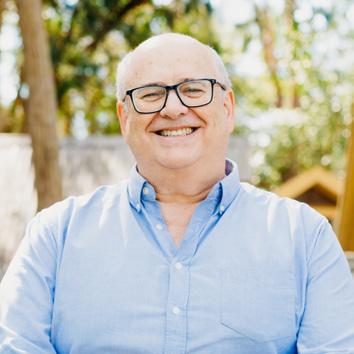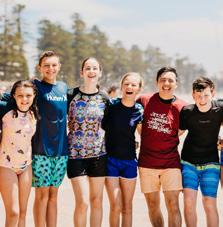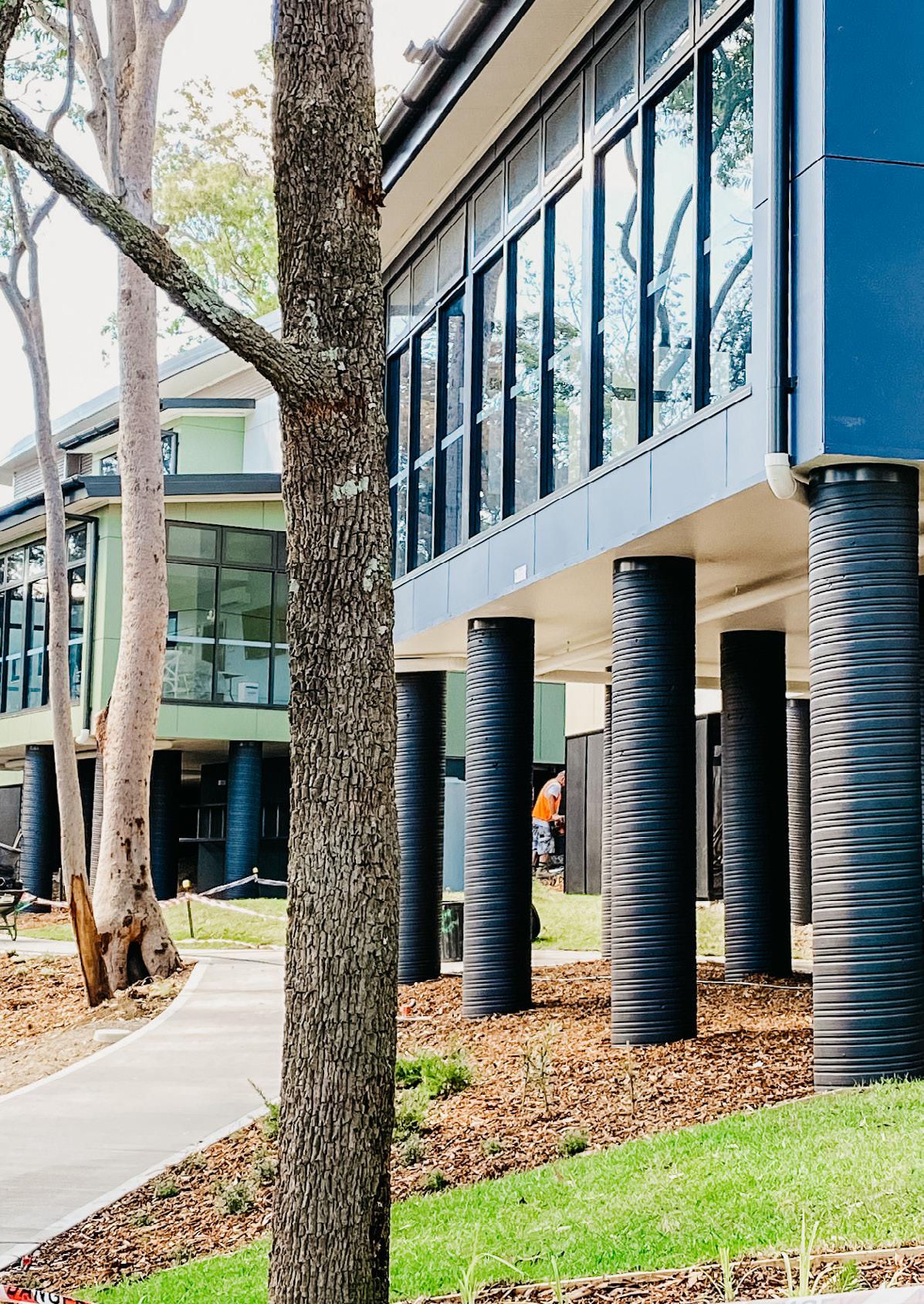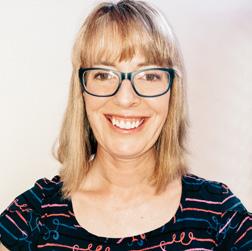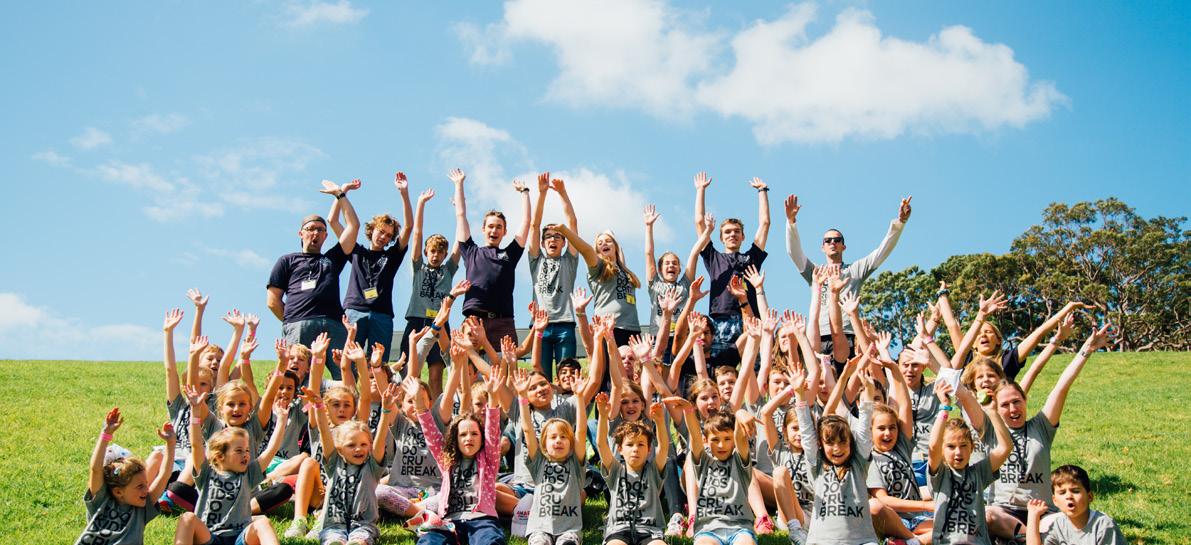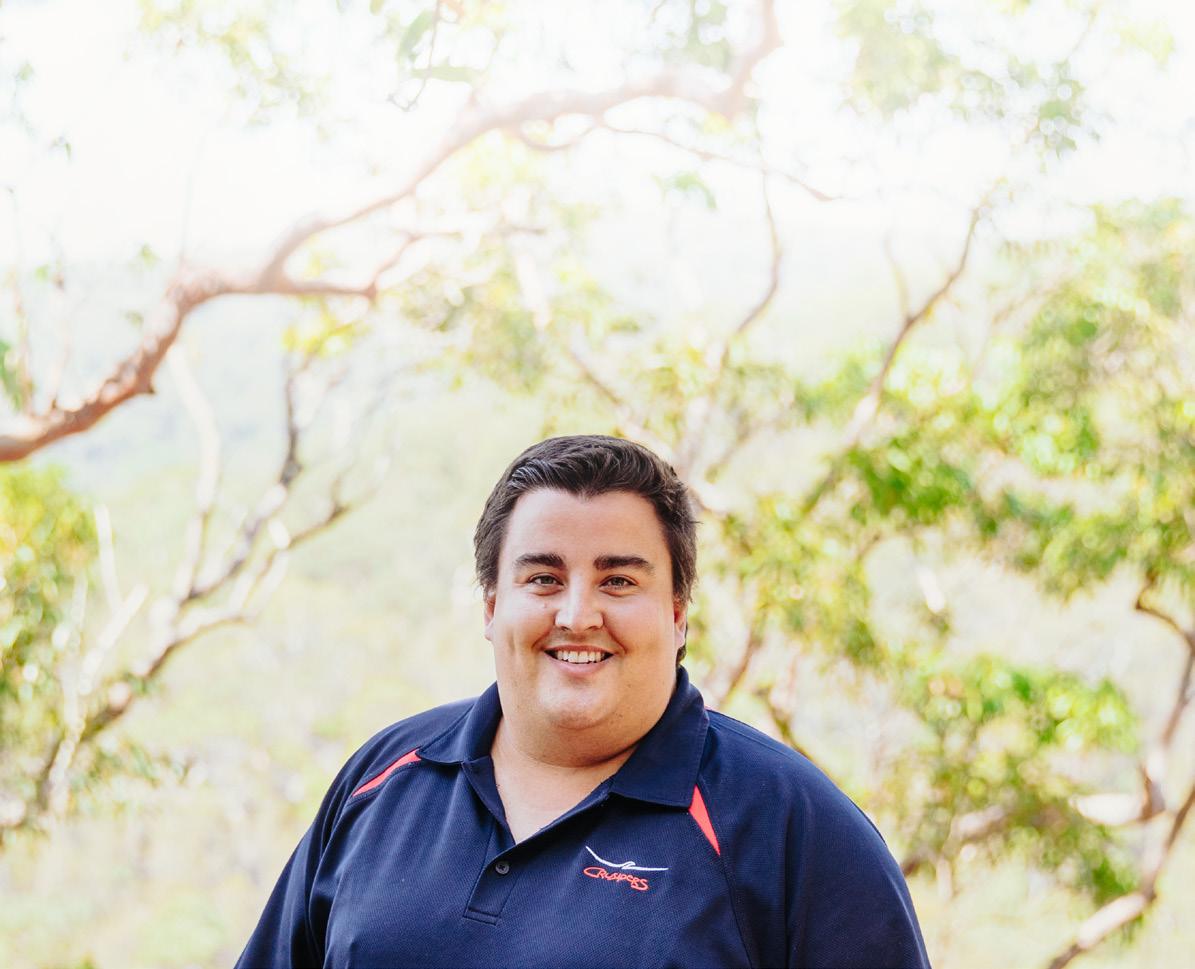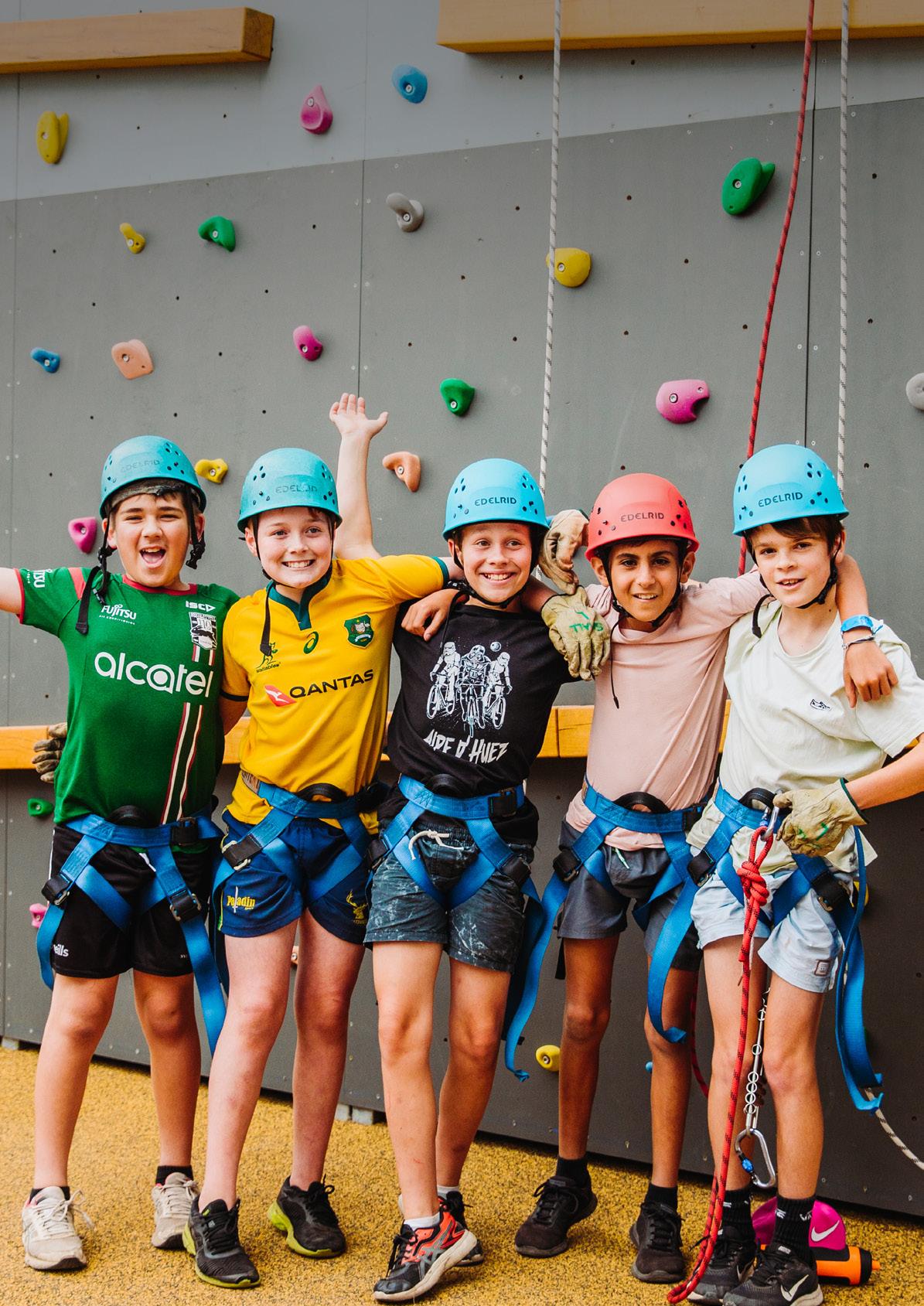
4 minute read
Leadership, love and lots more – advice from a CRU Camp veteran
Leadership, love and lots more
Advice from a CRU Camp veteran
Emma Cutmore, Deputy Head of Primary at Northern Beaches Christian School, is an experienced CRU Camp volunteer leader and camp parent. She shares her story of coming to faith, learning to lead and love kids, and her tips for current Christian leaders.
CRUview: Emma, how did you become a Christian?
Emma Cutmore: I grew up in a non-Christian family. I had an awareness of God, but when I tried to speak to my parents about it, it was met with a “That's nice dear. Glad you feel that way.”
she asked me and I said yes, and I kept coming back! When we needed more leaders, I stood up at church and made an announcement. My now husband, heard the announcement and was like, “Ooh! Jesus, dirt bikes, pretty girl. I'm in!” So, he came along and we volunteered on dirt bike camps for a very long time.
When I attended Abbotsleigh, a friend of mine loved the school CRU Group and dragged me along. I kept going because of the singing - I loved to sing. Then I went on the Crusader House Party that year and heard the gospel for the first time and it was literally one of those conversions that happened straight away!
CV: What happened after you became a Christian?
EC: My parents were very upset with my decision, so CRU Group was my only church for a very long time. CRU is what grew me as a Christian and taught me about the Bible - that I could read the Gospels and find out about Jesus, who He was, and who He is.
CV: How did you continue to grow in your faith? CV: Who were your role models in leadership at that point in your life?
EC: Peter and Rowena Bragg, who started the dirt bike camps, were incredible role models to us as far as godly living. They really welcomed us into their lives and you could just see they were people who really live out their faith.
EC: In Year 12 I became a leader at my school CRU Group. That certainly made me consider things more deeply because I had to be able to answer questions in my cell group and mentor younger students. I also felt the weight of responsibility of the Word because by then I understood that teachers will be judged more strictly and you've got to be responsible about what you say about God and represent Him properly. That was a big learning curve for me - stepping out of my comfort zone and being a leader in something that I felt quite new in.
CV: How did your involvement with CRU continue after you finished school?
EC: When I finished school one of my friends needed help with cooking on dirt bike Holiday Camps. So,
CV: Do you have any stories from your time leading on camps that stand out to you?
EC: When I was 19, there was one kid on a camp whose name was Dylan, and he was just not engaged or interested in anything… and every time he swore, I'd make him go and hug a tree! We'd end up having a chat while he was hugging his tree. At the end of camp, there was a big piñata. And all the kids hit the piñata, the lollies went everywhere and all the kids dove in. And this little boy, Dylan, came up to me and said, “Can I have your hat?” And I was thinking, “Oh, what's he going to do with it? Was he going to wipe it in the mud or throw it in a tree?” He was that kind of kid. But then I honestly think I received a word from God. He said, “Give him your hat.” So, I gave it to him and he went away and then came back about five minutes later - it was full of lollies! And then Dylan said, “I want you to have these.”
He just wanted someone to talk to and care about him. There are so many kids that just need to know that somebody loves them. God showed Dylan that at a CRU Camp.
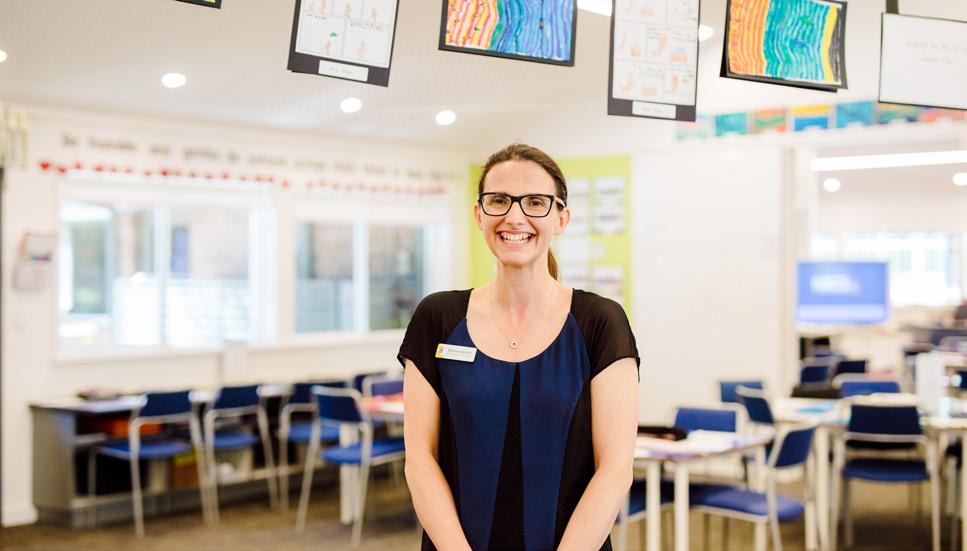
brings you. That is hard because camp can be tricky, and kids can be tricky, so you need to be having your ‘Gethsemane moments’, like how Jesus went off to pray.
I also think it's really important to touch base with God every day on camp, to just make sure that you are showing the love and the joy and the peace that Jesus brings you. “ “
CV: What is your best advice for CRU leaders?
EC: It's really important to listen to your mentors - your director and older leaders who've done it before. I also think it's really important to touch base with God every day on camp, to just make sure that you are showing the love and the joy and the peace that Jesus But also, don't be afraid to ask for help. I remember wanting to impress the Braggs. You really want them to think that you've ‘got it’. But nobody ever has ‘it’ in the beginning. So, go to the other leaders, go to your director, go to your camp parents and talk. Ask for help because that's why they're there.
Keen to share the gospel with kids on a CRU Holiday Camp?
Email cruleaders@cru.edu.au to find out more about becoming a volunteer leader and serving on a camp.

